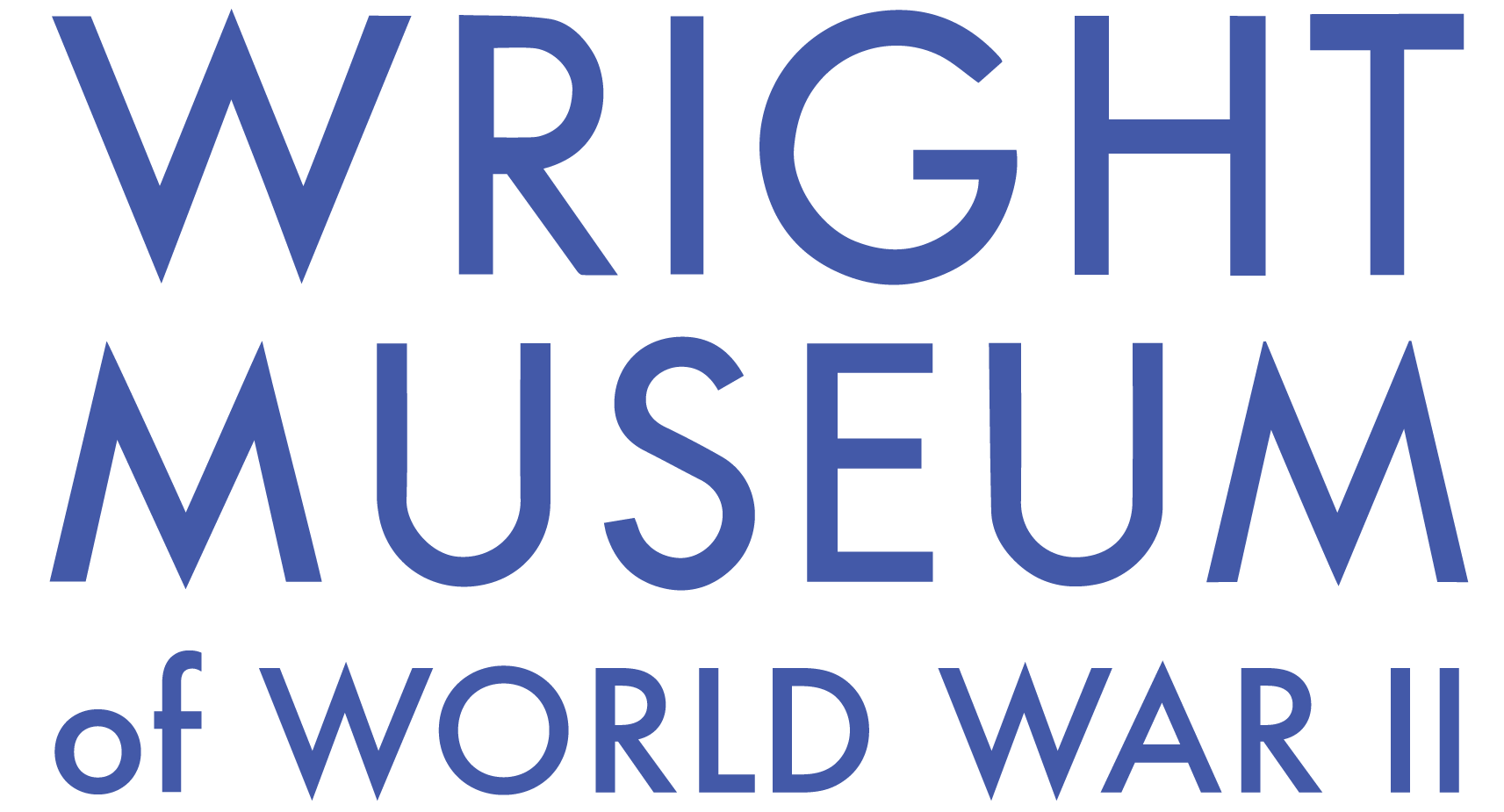In November 1945, the world began to look past the active fighting of World War II and into the immediate future, starting a process of analyzing the effects of a second world war and its impacts on the world. The instrument for this lofty undertaking was the International Military Tribune (IMF), also known as the Nuremberg Trials—the first international war tribunal ever assembled.
Prior to the Trials, no large-scale international judicial event of this scope had been attempted. Nor had any treaty ever allowed for the possibility of holding individuals responsible for wartime actions. Maybe partly as a response to the end of World War I, when some believed Germany’s Kaiser Wilhelm II should have been tried as a war criminal, the basis of the Nuremberg Trials was the idea that individuals could, and should, be held accountable for their actions, even during wartime.
The first Nuremberg Trial began in November 1945 with 24 of the most important German political and military leaders on trial. For much of the world, it was the first time they were learning of the Nazi Party’s beginnings, its planning and initiation of the war, and perhaps most chilling, the concentration camps and extent of Nazi Germany’s treatment of the Jewish people. Some of the most powerful footage during that initial trial was that of the concentration camps and the atrocities carried out in them.
In October 1946, the first Nuremberg Trial came to an end with 19 defendants convicted and 3 acquitted. While 12 were sentenced to death, a sentence executed on October 16, 1946, some of the convicted received prison terms ranging from 10 years to life. An additional 12 military tribunals were held for war crimes, presided over by the United States, but taking place at the same Palace of Justice as the first trial, where all major Allies participated.
Overall, the Nuremberg Trials were an unprecedented event in international law, in its infancy at that time. The Trials were intentionally carried out because of the scope of Nazi Germany’s crimes. Although controversial at the time, with some Allies (including Winston Churchill) calling for immediate, summary execution of German war criminals and others questioning the fairness of the tribunal, the Nuremberg Trials today are widely regarded to be an example of “remarkably fair execution of justice.” While certainly an instrument for justice, the Trials also marked an intentional effort to educate the world, and German citizens in particular, about the atrocities of the Nazi government, with a concerted attempt to convince German citizens that they had some culpability in the crimes of their elected officials. Though perhaps less successful in this regard, the Nuremberg Trials nonetheless established legal precedent for denazification and a compilation of evidence so vast that it remains impossible to suggest that the Nazi government could be innocent of the charges leveled against it.
The success of the Nuremberg Trials prompted the establishment of an International Military Tribunal for the Far East (IMTFE), which presided over Japanese war criminals beginning in May 1946. All Japanese defendants were found guilty in the IMTFE trial. These international tribunals contributed significantly to the development of international law and served as a deterrent to war crimes in subsequent decades, although historians also attribute the Cold War as a major reason for the absence of additional international military tribunals until the 1990s. Interestingly, terms that have become commonplace today, such as “crimes against peace,” “war crimes,” and “crimes against humanity” were first used and defined at the Nuremberg Trials.
The Nuremberg Trials and the IMTFE, more popularly known as the Tokyo War Crimes Trials, were the beginning of the process of attempting to put the events of World War II into context, but they were just that—the beginning. World War II and its lessons remain relevant today and have had an incredible impact on America and the world. To paraphrase Spanish philosopher George Santayana, we cannot learn from history, indeed we are doomed to repeat it, if we do not study and contextualize the past. That is why institutions like the Wright Museum of World War II continue to be of such relevance today.
While we have closed our doors for the season, we encourage you to stay connected with us on Facebook and Instagram and check out our website. Mark your calendar now so you can join us at the museum next May when we will have exciting new exhibits and glimpses into the past. For now, if you are interested in additional information about the Nuremberg Trials, please visit the sites listed below.
All information in this blog was taken from the following sites:
- The National WWII Museum New Orleans, “The Nuremberg Trial and its Legacy”
- The National WWII Museum New Orleans, “The Nuremberg Trials”
- Department of State Office of the Historian, “The Nuremberg Trial and the Tokyo War Crimes Trials (1945-1948)”





